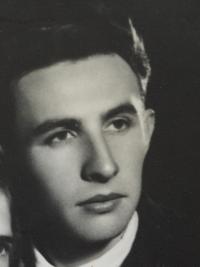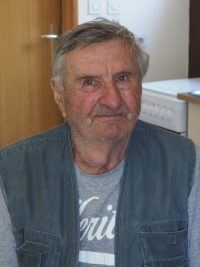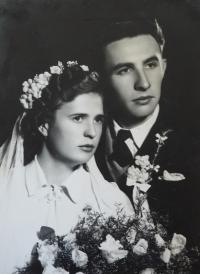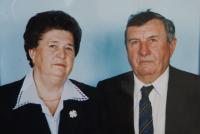The best thing we brought from Bohemia, was the Czech music.
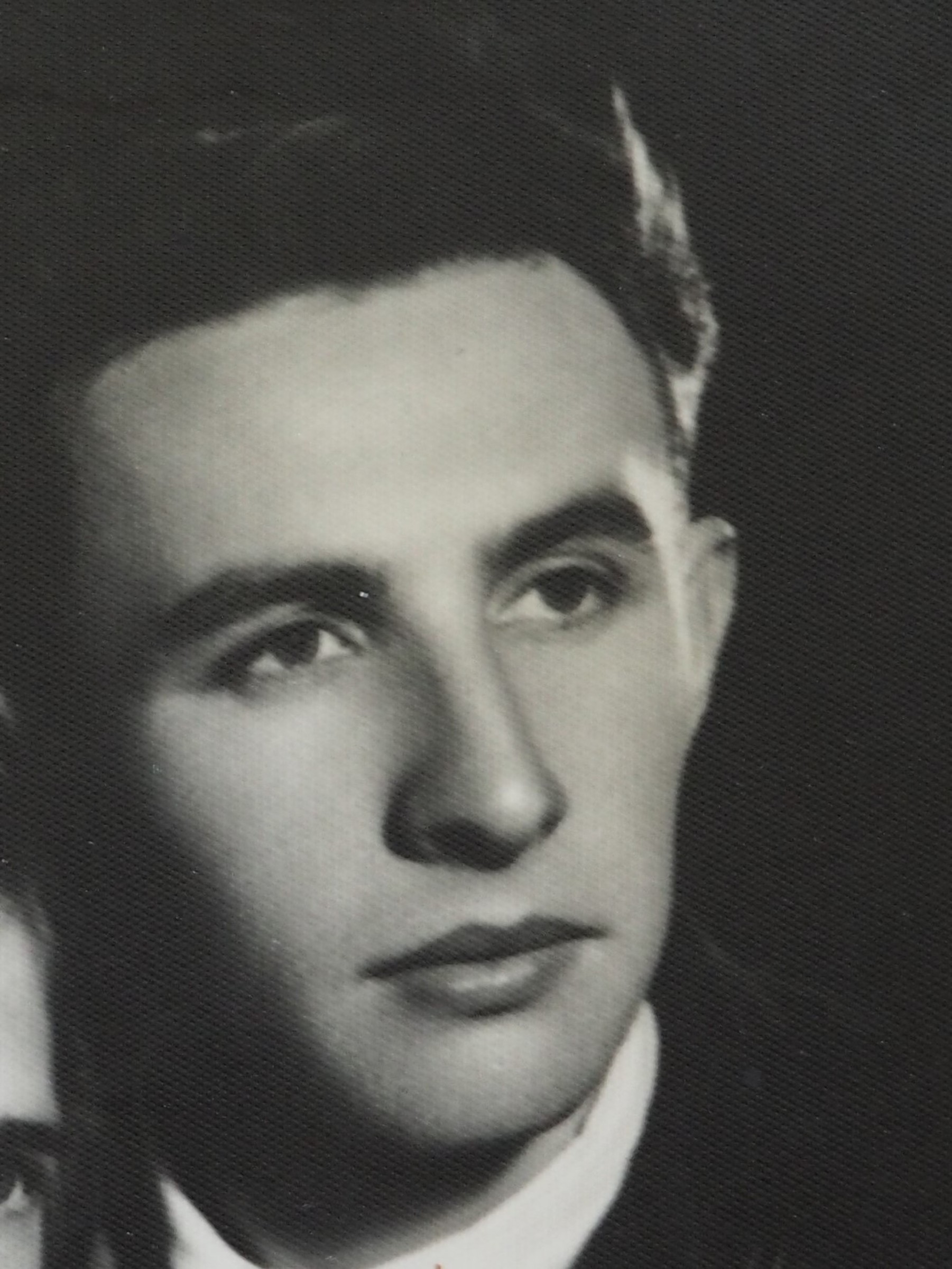
Download image
Bohumil Benák was born on 8 May, 1932 in a village of Ljudevit Selo (Lipovec in Czech) near Daruvar in today´s Croatia. Lipovec was and nowadays still is inhabited almost exclusively by Czech families, which were coming here since the second half of 19th century. Ancestors of Mr. Bohumil came from Hrusice near Český Brod. His father was of Czech citizenship inherited from his ancestors, although he was born in Yugoslavia. That was why he was called to serve in the army in Litoměřice and in 1938 he volunteered to join the Czechoslovak army to help defending the country of his ancestors from Germans. More Czechs were leaving Yugoslavia back then, but some didn’t make it and Bohumil´s father had to return home soon. After that he joined the Czech partisan brigade. Bohumil went to the Czech school in Daruvar, but it was closed during war, so also the Czech pupils went to Croatian schools. After finishing gymnasium he attended the Agricultural Faculty in Požez and then took over the farm from his parents. He remembers the difficult situation of farmers during war and at the beginning of 1950s, when similar cooperatives as ours were introduced in Yugoslavia. But then the coops started to get cancelled and farmers were doing well. Mr. Bohumil married a Czech from Ivanovo Selo, has two daughters and grandparents. Until 1960s he also had the Czech citizenship, but finally gave it up. When he wished to travel anywhere, he had to ask Czechoslovak visa, which was complicated. He enlarged the farm, had chickens and distributed them across Croatia and neighbouring countries. In 1990s during war the situation deteriorated. His wife left with grandparents to relatives to Czechoslovakia. Men from Lipovec were prepared to defend their village with guns and switched on guard. Mr. Bohumil has been a member of the local Czech association.
